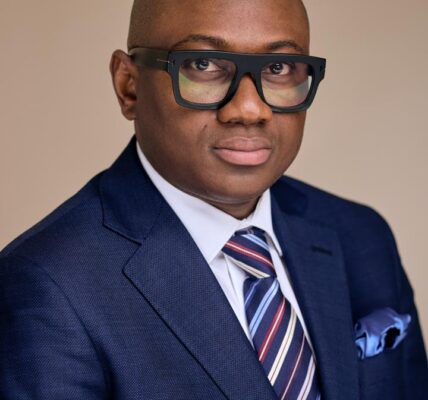Admin
Nigerians continue to react to the Federal Government’s $800 million World Bank grant to be used as subsidy palliatives ahead of the proposed fuel removal in June, Nigerians have described the loan as unnecessary, stressing the need to shelve the plan.
Minister of Finance, Budget and National Planning, Zainab Ahmed had, during the weekly Federal Executive Council meeting, announced that the first tranche of funding from the Washington-based lender will enable the FG give cash transfers to the most vulnerable in the society through a national social register.
According to the minister, the palliatives would be targeting 50 million vulnerable Nigerians or 10 million households, adding that engagements are ongoing with the newly established Presidential Transition Council (PTC) and the incoming administration to drive the palliative programme. Reports have it that the Finance Ministry is expected to spend about $53 million of the $800 grant on hiring staffers, office administration, committee overheads and other logistics such as training and workshop.
This is besides indications that the World Bank facility would raise Nigeria’s projected debt stock of $171 billion by a further 0.47 per cent. This, according to analysts, will further raise the sinking fund for refinancing and servicing of the debt stock from 29 per cent scheduled in 2023 Appropriation Act to 43.8 per cent for the 2024 financial year.
The repayment plan for the $800 loan, according to the agreement between the FG and the International Development Association (IDA), the concessional lending arm of the World Bank Group, is to spread till 2051 – a period of 28 years. But the said grant has continued to elicit sharp reactions from concerned Nigerians who feel that it is needless and ill-timed.
Professor of Economics at the Olabisi Onabanjo University, Ago-Iwoye, Sheriffdeen Tella, the Nigerian economy does not need to carry a burden of $800 million for subsidy removal and palliatives that are wrapped in fraudulent garments. According to the professor, the nation’s economic managers are siphoning funds, and this needs to be probed. He queried how palliatives were managed in the past, how figures being bandied were arrived at and why the nation should borrow in dollars for consumption?
Tella declared that with the nation already in debt traps, needless loans would only further aggravate underdevelopment and poverty,
Prof. Omo-Ogun Ajayi of the University of Calabar, Cross River State also faulted the government as being notorious for taking loans without applying them judiciously, adding that it is too late for a government that has just few days to go to be talking about loans. He charged the incoming administration to think of a more sustainable palliative before removing the ‘so called’ subsidy. “If the refineries are working, if we have security, if we have sustained energy, excellent road network, and public water supply, among others,
Nigeria will do with or without subsidy palliatives. This government has trust deficit and ought not be allowed to take another loan for whatever reason. Industry analysts have noted that since assuming office on May 29, 2015, President Buhari has spent more than N2 trillion on Social Investment Programmes (SIP). Yet, an estimated 133 million Nigerians, according to statistics, have sunk into multidimensional poverty, just as another 24.2 million people face acute food insecurity.
Also, in dissent, Oil workers, under the aegis of Nigeria Union of Petroleum and Natural Gas Workers (NUPENG), have issued a strong warning to the Federal Government not to contemplate the removal of the subsidy without putting in place adequate local refining capacity. The Union, in a communiqué at the end of its National Executive Council (NEC), meeting in Lagos, expressed disappointment in the failure of government to deliver on its promises of putting the three national refineries to optimal production before contemplating the removal.
NUPENG, however, insisted that the FG must ensure that the local refineries are put into full operation before such a major policy decision is taken in the interest of Nigerians. The communiqué stated that: “NEC-in-Council also examined the recurrent discussions for the removal of subsidy from the Petroleum Motor Spirit (PMS), and expresses deep concerns over the failure of the Federal Government to do the needful as advised by organized labour that deregulation of the PMS should not be predicated on importation of the product because of all the obvious negative impacts on the socio-economic life of the people and nation in general.





